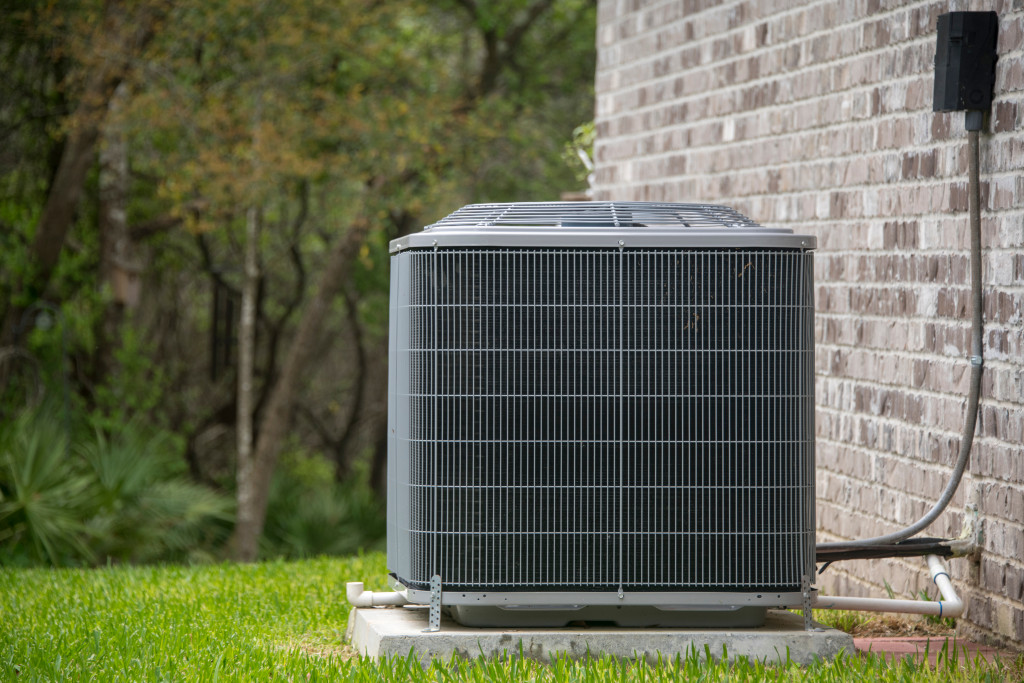The arrival of winter brings shorter days, longer nights, and colder temperatures. It also means we have to switch our heating on to keep ourselves warm. But heating isn’t just for comfort. Human bodies aren’t designed to survive cold weather. If we can’t keep ourselves warm enough, our bodies will slowly shut down until we become incapacitated. That’s why it’s important to ensure our homes are heated.
However, central heating is also expensive. According to the U.S. Department of Energy, heating accounts for over 40 percent of the average household energy consumption. Over 14 million Americans can’t afford heating, and the numbers keep rising. With the cost of electricity increasing every year, more and more people are looking for alternative heating methods.
If you’re looking for a boiler on finance, here are a few tips and tricks for keeping your home warm while saving money. Let’s start.
-
Use curtains to your advantage
Single-pane windows have little to no insulation, which affects your home’s capacity to retain heat. Fortunately, there are ways to keep the heat in, even if you have single-pane windows. All you need is some curtains, and you’re good to go.
For instance, maximize the heat that enters your home by leaving your windows uncovered during the day. Even a few hours of solar heat a day can make your nights more comfortable. Consider trimming tree branches that block the windows from receiving sunlight. After nightfall, draw the curtains to insulate your home. The thicker the curtain fabric, the better. You may even layer two curtains for extra insulation.
-
Turn off heating when not in use
One reason why heating is such a money sink is it requires a lot of energy to run. And the only way to lower its energy consumption is to limit its use. The truth is, we don’t need to keep the heater running all the time. It may seem like a no-brainer, but turn off the heater when your home is empty.
But adjusting the thermostat by hand can be such a pain, and we can’t be expected to remember to turn it off every time we step out of the house. Consider investing in a smart thermostat to automate the power function. You may even program your thermostat to lower the setting at certain times. This will save you more energy and lower your bills.
-
Adjust your lifestyle
 As much as we want to keep the thermostat on high all the time, we have to find ways to economize without sacrificing too much comfort. For instance, a five-degree drop in temperature can save up to 10 percent on your power bill. To compensate, think of ways to keep yourself warm that don’t involve jacking up the thermostat. You could wear a second sweater and fuzzy slippers around the home.
As much as we want to keep the thermostat on high all the time, we have to find ways to economize without sacrificing too much comfort. For instance, a five-degree drop in temperature can save up to 10 percent on your power bill. To compensate, think of ways to keep yourself warm that don’t involve jacking up the thermostat. You could wear a second sweater and fuzzy slippers around the home.
-
Invest in a space heater
Often associated with accidental burns and fires, space heaters have enjoyed a renaissance in recent years. Stricter regulations and advancements in heating technology have led to space heaters that are safer and more effective. If you use them right, you can save more money on energy costs.
Central heating works by providing warmth to the entire home. If your home is mostly empty, you’re wasting a lot of energy on unoccupied rooms. Install a space heater in rooms that you and your family use the most, such as the living room and the study. You can use the space heater during the day and the central heating at night.
-
Switch off ventilation fan
Ventilation fans are a staple in every kitchen and bathroom. They keep rooms cool and dry and remove fumes and odors by sucking the air out. Your kitchen would be filled with smoke if you didn’t switch the ventilation fan on while cooking. However, they can make your home harder to heat during winter. Since a ventilation fan draws air out of a room, it could also remove heat. Make sure to use the fan while cooking and close off the kitchen from other rooms to prevent heat loss.
The bottom line
These things will help you keep your home warm while saving money. Home-heating while on a tight budget forces us to adopt creative methods. But when you lower your energy bills, you also reduce your carbon footprint. If everyone took steps to heat their homes more sustainably, everybody wins.







